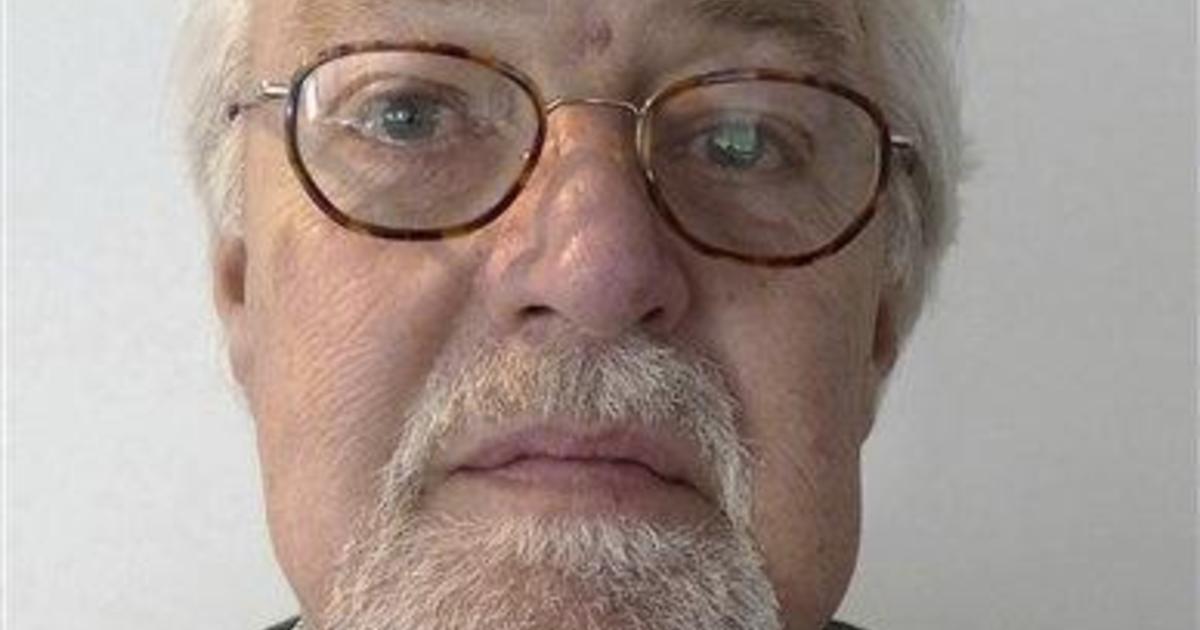NEWYou can now listen to Originol articles!
Sometime in 2021, the Department of Veterans Affairs took down a popular link on its website that explained how veterans can access medical care in the private sector under a law known as the Mission Act.
The law was the latest congressional response to the scandal that erupted in 2014, when Veterans Affairs facilities across the country were found to be manipulating data to make it look like veterans were receiving timely care. In reality, veterans were waiting months to be seen by their doctors, and federal investigators said those delays contributed to their deaths.
The Mission Act sought to remedy the problem by allowing veterans to seek care outside VA for a broad range of reasons – including when wait times are too long at VA – and making VA pay for that coverage. When the law first took effect in 2019, VA created a MissionAct.Va.Gov link to educate veterans about their options, explain eligibility requirements and provide links to community health providers.
But in the late summer or early fall of 2021, that link suddenly directed veterans to a page called “Choose VA,” which encouraged veterans to use VA for their health care. VA also buried the link – it’s no longer visible on the front page or the main health care page.
VETERANS CONFRONT VULNERABLE NJ DEM AT TOWN HALL: ‘ARE YOU HELPING ME? NO.’
VA declined to answer specific questions from Originol Digital about when or why the link was changed to steer veterans toward VA care, and insisted VA remains committed to implementing the law.
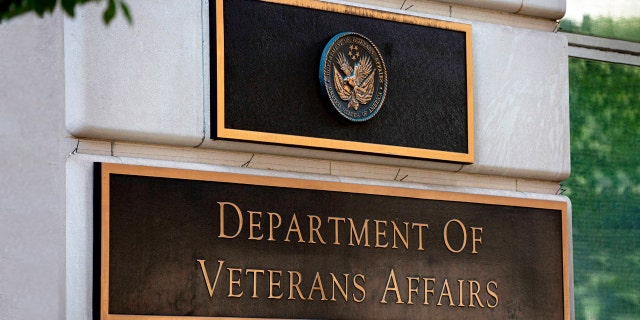
The US Department of Veterans Affairs building is seen in Washington, D.C. The agency said Friday it will offer abortions for veterans in certain cases.
(ALASTAIR PIKE/AFP via Getty Images)
“VA is laser-focused on getting Veterans access to the best possible health care, whether that comes directly from VA or from the community,” said VA Press Secretary Terrence Hayes, who added that all the information veterans need to use the Mission Act is still online on its community care page. “As a part of that effort, VA continues to implement the Mission Act faithfully, transparently and in its entirety.”
But those who worked to implement the Mission Act say the website change was the first shot fired in the Biden administration’s campaign to thwart the law, and that VA has taken several steps since then to steer veterans away from exploring private sector care.
“The Mission Act represents the ability to choose something other than VA, and they took it down,” said Darin Selnick, a senior adviser to Concerned Veterans for America and former top adviser to VA Secretaries David Shulkin and Robert Wilkie.
Selnick said the remaining information about the Mission Act is much more difficult for veterans to locate and is a far cry from explicit language in the Mission Act that requires VA to educate veterans about their new choices. “All they want you to be able to do is to choose VA care,” he said.
DEPARTMENT OF VETERANS AFFAIRS TO OFFER ABORTIONS TO VETERANS IN CERTAIN CASES
Selnick and others say VA’s opposition to the law has only become clearer since the Mission Act link was turned into a “Choose VA” tool. In October 2021, VA announced it would close the Office of Community Care and start designing a “new integrated access and care coordination model.”
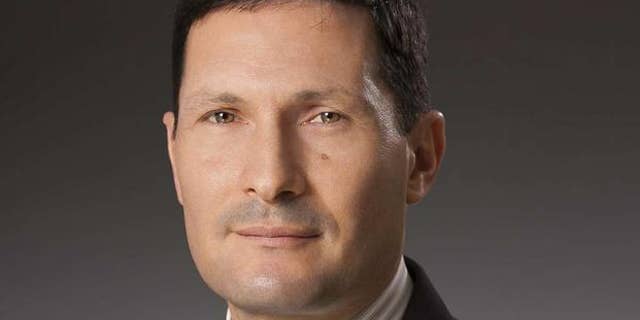
Darin Selnick
(Concerned Veterans for America)
VA’s vague announcement worried veterans’ groups and lawmakers, who suspected it would make it easier for VA to downplay and dismantle the Mission Act.
Later in 2021, some of those suspicions were confirmed as complaints from veterans about wait times began to pile up. At about the same time, the Americans for Prosperity Foundation sued VA under the Freedom of Information Act for information about its implementation of the Mission Act and found evidence that VA was still playing around with patient wait-time data.
For example, current Mission Act regulations say a veteran is eligible for care outside VA if wait times at their VA facility are longer than 20 days for primary and mental health care or 28 days for specialty care. But FOIA documents showed that VA is not starting the clock when a veteran asks for an appointment and instead is using a date set by VA schedulers, which means veterans are waiting longer for appointments than indicated by official VA data.
9/11 ANNIVERSARY MAKES IT EASY FOR VETERANS TO REMEMBER WHY WE WERE IN AFGHANISTAN
A USA Today report in November confirmed other complaints that VA bureaucrats are getting in the way of medical decisions to seek community care. The Mission Act says veterans are eligible for community care whenever it’s in their best interest, but USA Today found that VA quashed at least one veteran’s effort to seek outside medical care by ruling that doing so was not “clinically appropriate.”
As the complaints mounted, lawmakers geared up to protect the Mission Act. Senators Marsha Blackburn, R-Tenn., and Tommy Tuberville, R-Ala., introduced legislation in early 2022 that would take VA out of the business of referring veterans to community care and allow veterans to make that choice on their own.
“In Tennessee, I have heard from countless veterans about their frustrations with how the VA is running the community care program,” Blackburn said in February. “My legislation will cut out the middleman and make it easier for veterans to see a doctor.”
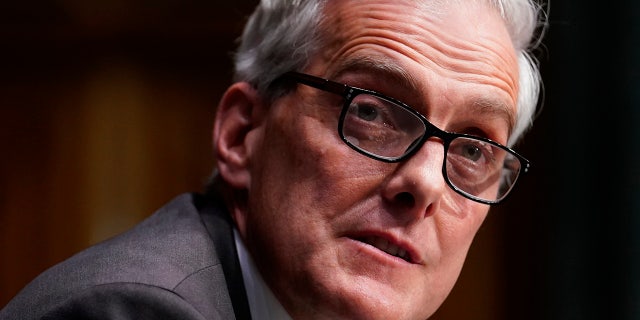
Secretary of Veterans Affairs nominee Denis McDonough speaks during his confirmation hearing before the Senate Committee on Veterans’ Affairs on Capitol Hill, Wednesday, Jan. 27, 2021, in Washington. (Sarah Silbiger/Pool via AP)
But by the summer of 2022, VA doubled down and started to acknowledge openly that it was seeking to pare back veteran choice under the Mission Act. In a June 14 hearing at the Senate Veterans’ Affairs Committee, VA Secretary Denis McDonough was asked about the department’s effort to change access standards for using private care as part of a three-year review of the law.
McDonough replied that demand for health care “has increased more intensively for care in the community than for care in the direct system,” said community care now accounts for one-third of all care that goes through the VA. He said that’s a “high number,” and added that he was already “worried” in 2021 when community care was about one-quarter of all care delivered through VA.
McDonough’s comment seems to go against the statement from his own spokesman who said VA wants the best care possible for veterans “whether that comes directly from VA or from the community.” But McDonough went further by telling senators that “my hunch is that we should change access standards,” a strong indication that VA will propose making it more difficult for veterans to qualify for community care.
FLORIDA VETERANS EMPOWERED TO BEGIN NEXT TOUR OF DUTY IN THE CLASSROOM
A month later in the House, Acting Deputy Undersecretary for Health Miguel LaPuz explained why VA wants to limit veterans’ access to the private sector. In written testimony to the House Veterans’ Affairs Committee, LaPuz said VA’s training, research and other missions are threatened by the popularity of getting care outside the VA system.
“Even in the absence of resource constraints, if the balance of care provided in the community continues on its current upward trajectory, we anticipate that certain VA medical facilities, particularly those in rural areas, may not be able to sustain sufficient workload to operate in their current capacity,” LaPuz said.
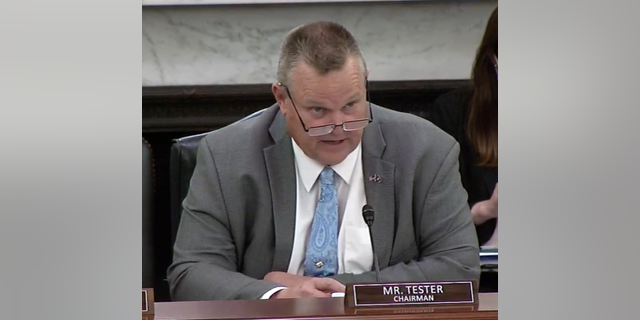
The next few weeks may determine whether Congress needs to step in again to shore up a law that had wide support among both Republicans and Democrats. The Senate Veterans’ Affairs Committee is planning a late September hearing where it might finally hear VA’s plans for changing access standards for veterans.
One congressional aide told Originol Digital that many staffers believe VA is more worried about its own fiscal health than it is about the health of its patients, and it wants more control over the money Congress appropriates. “The bottom line is justifying a budget increase year-over-year,” the aide said.
CLICK HERE TO GET THE Originol APP
If VA does impose new hurdles to using the Mission Act, it could set up a new push for Congress to tweak the law, something that could happen if Republicans take control of the House and Senate.
“VA thinks it’s better for sick veterans to stay at their facilities and wait rather than allowing them to seek out care with the best providers in the world,” the aide said. “In our eyes, a veteran should be able to go wherever they can, regardless of what VA says.”


